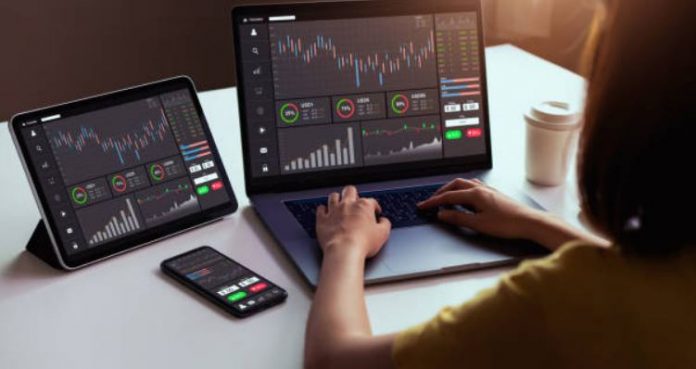Foreign exchange investors take advantage of fluctuations in the currency dealings of certain countries to earn profit. They invest money to buy currencies that would yield more earnings for their investment due to unstable economic or political events in these countries.
Having money or cash to invest in the foreign exchange market, an investor would still need a broker to start their dealing or investment. An investor would need to create a margin account with a broker.
A margin account is where a potential investor would deposit the money that he wants to invest in the Forex market. When the margin account is created, the broker can give the investor leverage when he is short of cash or when he wants to put up more dealings to increase the profitability of his investment.
Leverages provided by brokers vary in ratios. Ranges in the leverage are 50:1, 100:1 up to 200:1 depending on the amount of the margin account being maintained by the investor.
Investors are usually required to deposit at least 1% of the agreed leverage in the margin account of the investor. The most common leverage ratio is 100:1.
For every 1,000 units of currency deposited by the investor, the broker would provide 99% to make the available funds for 100,000. Brokers provide leverages just like financial institutions giving out loans to other businesses.
Leverages are like short-term loans paid in fixed interest rates depending on the agreement the broker and investor maintains. Usually, leverages are paid in cash on a daily basis after the Forex trading has closed for the day.
Having a margin account and being given leverage by a broker, an investor will have more purchasing or investing power at his disposal to buy currencies that he thinks would yield more profit for him.
This gives an investor a wider option to invest in volume or different currencies in the foreign exchange market.
Having 100,000 for the meager 1,000 that you deposited in your account allows you to buy more and choose multiple currencies to invest in. An investor has more choices and wider chances of acquiring the best profitable currency in the market.
However, having the leverage as an advantage for magnified profitability makes the risks and disadvantages bigger too. The leverage entails the interest rate as that of a loan.
The higher leverage given by the broker means the higher interest to pay. If and when a certain currency investment made in the Forex market goes otherwise than expected, losses are higher than the capital investment in the margin account.
Although, brokers have set limitations on investments being made, still acquired losses must be compensated by future investments or other present investments.
Having lost in one deal would mean having lesser profits from other gaining investments to cover for the loss. Aside from covering up from other investments, brokers may require an investor to deposit more cash in the margin account to keep up with the agreement of maintaining the leverage ratio.
An investor can take full advantage of the leverage to make his investments in the foreign exchange market significantly profitable. Making larger investments are possible through leverage. Magnifying profitability is at hand.
Freedom to choose the best or multiple currencies to put an investment becomes simpler with more funds available in the margin account. Like in any form of investment there is a risk.
The potential gains in leverage can go against an investment, which would then be losses. With investments in the foreign exchange market being based on fluctuations, there is a high risk of loss but with keen and wise investment styles and approaches, these losses can be minimized.
Taking a good stand and being abreast of the world’s economic fluctuations makes investors minimize losses and risks. Even with so much leverage, the key factor is being intelligent, clever, and knowledgeable in making foreign exchange investments.

